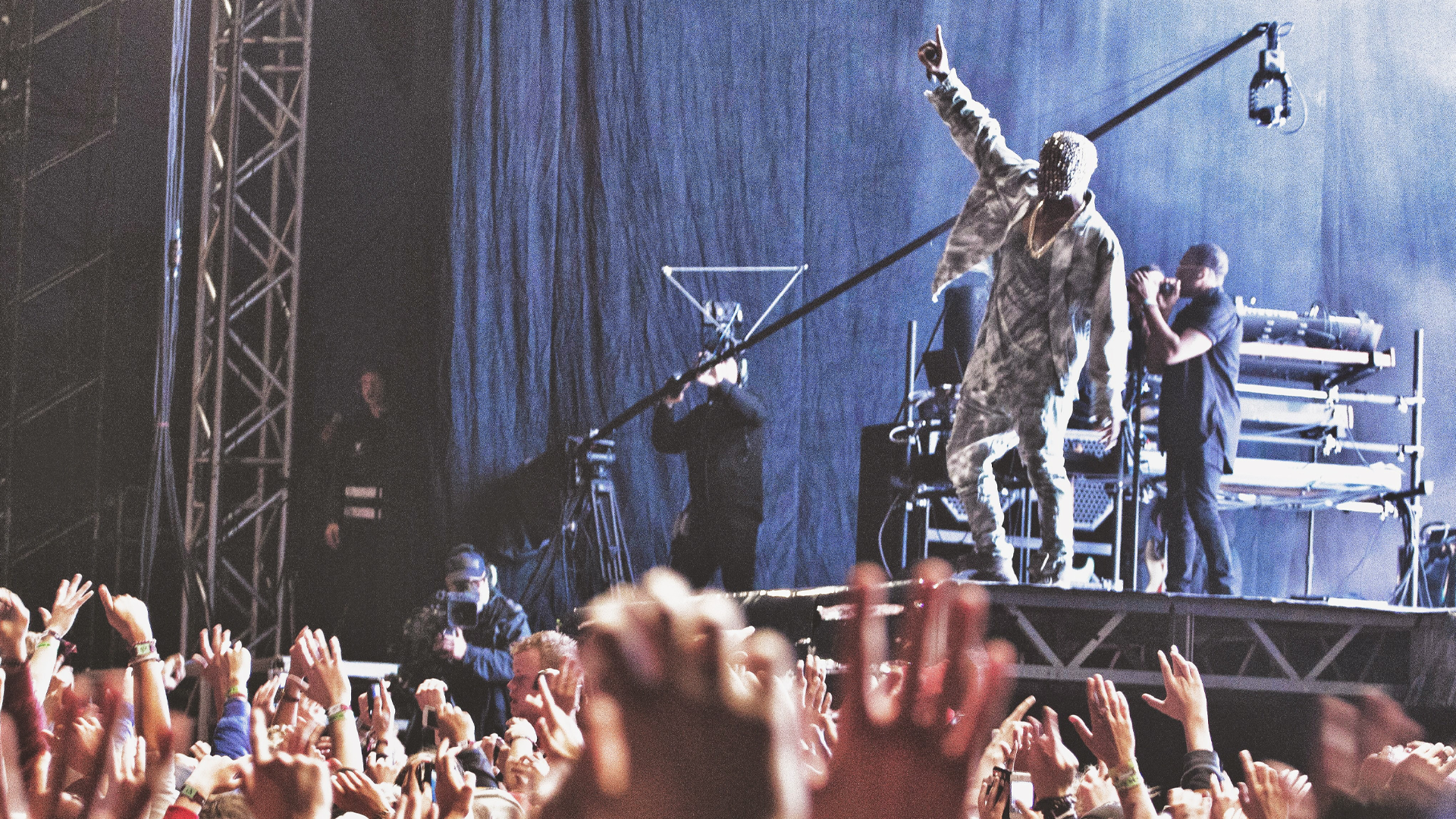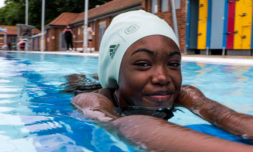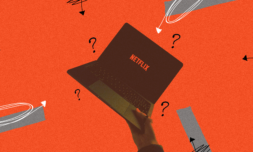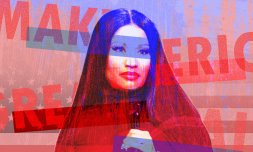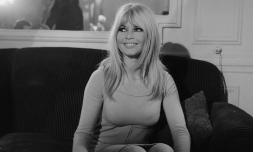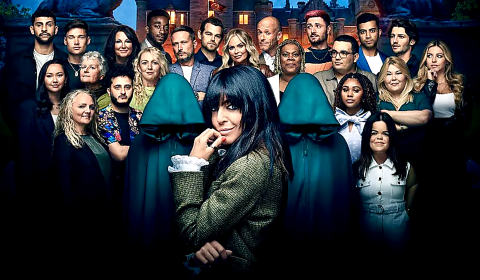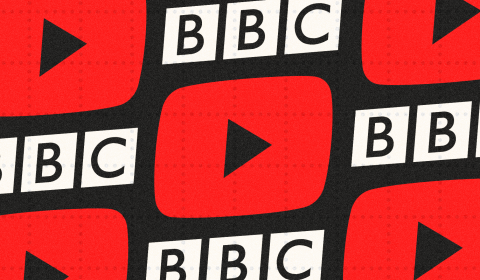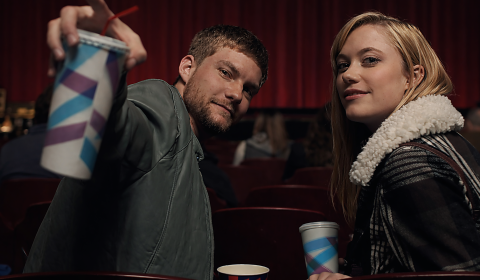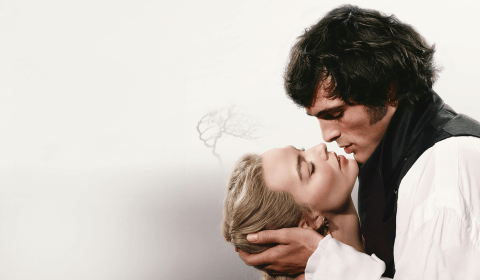Kanye West’s new ‘Wh*te Lives Matter’ T-shirts are more than a cry for attention. They’re dangerous.
This year, Paris Fashion Week burst at the seams with viral conversation starters.
Despite a disappointing lack of sustainable sentiment, it would be hard to deny the future-facing stance of Paris’ shows – with a large number of brands using the runway to explore fashion’s future in an increasingly digitised and divided world.
From Coperni’s spray on dress to Loewe’s innovative silhouettes, Paris Fashion week has reminded us of the industry’s inherent – though often forgotten – purpose as a crucible of art, culture, and possibility.
It’s sad, then, that the creative efforts of pioneering designers and craftspeople has been overshadowed by the indefensible controversies of Kanye West.
‘Ye’ – as he’s now humbly dubbed himself – attended a number of shows across the fashion week run, before debuting an intimate collection himself on Monday.
The show was a presentation of Ye’s new Yeezy collection.
In keeping with his own cropped name, the brand has shed its vowels. ‘YZYSZN9’ (that would be ‘Yeezy Season 9’ in layman’s terms) looked like a fledgling Balenciaga for the most part.
Fit with emaciated models and underwhelming cotton basics, comically over-accessorised with enlarged shoes, jackets, and leg warmers, the collection felt like a Gothicised ode to childhood dress-up; wearing a duvet as a dress and pretending to be a runway model.
But the relatively underwhelming presentation has still managed to dominate Fashion Month’s close.
The culprit was West’s ‘Wh*te Lives Matter’ t-shirts. Yes, you read that correctly.
Peppered in amongst the hulking ponchos and glorified welly-boots, West sent a model – Selah Marley, daughter of Lauren Hill – down the runway in a long sleeve t-shirt emblazoned with the statement ‘Wh*te Lives Matter’.
The move sparked instant criticism from industry insiders and mainstream media representatives. Jaden Smith walked out of the show soon after the shirt appeared. And British Vogue Editor in Chief Edward Enninful called the it ‘insensitive, given the state of the world.’
But West has since singled out and attacked Vogue editor Gabriella Karefa-Johnson after she accused him of ‘indefensible behaviour’.
In posts that have since been deleted, West targeted Karefa-Johnson’s appearance, followed by a screenshot of the words ‘WHEN I SAID WAR I MEANT WAR’.
West’s child-like outbursts have become somewhat of a social media mainstay in the past few years. And while the internet remains at a loss on how to deal with it, Ye’s public meltdown over divorce with ex-wife Kim Kardashian has certainly made for compelling entertainment.
But the attack on Karefa-Johnson is set apart in that West has very brazenly targeted a specific individual. It is bullying.
The fashion industry has been quick to defend Karefa-Johnson, with Gigi Hadid calling out West on Instagram with the comment ‘You wish you had a percentage of her intellect’, and labelled Ye ‘a bully and a joke’.









